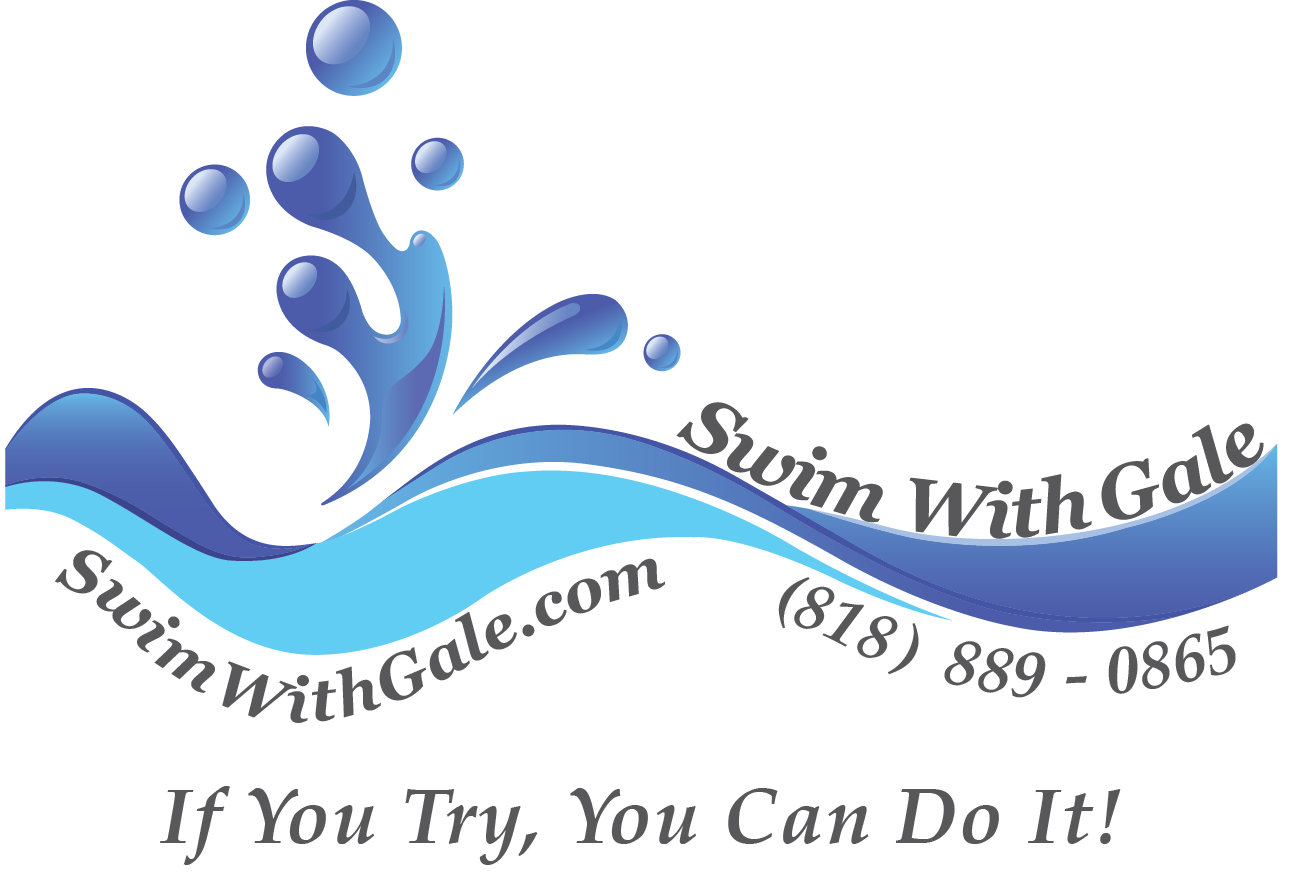Frequently Asked Questions
Frequently Asked Questions
-
Q: How long does it take to learn to swim?
A: This varies from student to student. Some will see progress after one 20-minute lesson. Others might not see significant improvement for an entire session. This really depends on how quickly the swimmer adapts to the water. We will keep working until you are comfortable with the swimmer’s ability.
-
Q: How long are your lessons?
A: Most lessons are 20 minutes long. However, lessons for adults or advanced swimmers can be 30 or 40 minutes, depending on their needs.
-
Q: How often do we come for lessons?
A: Lessons are twice a week, either on Mondays and Wednesdays or Tuesdays and Thursdays. We do not offer lessons on Friday, Saturday, or Sunday.
-
Q: Why do you only do private lessons?
A: By doing private lessons, we can better meet each swimmer’s needs. We go at the pace our students set for us and make sure they are comfortable before moving on to a new skill. Doing this in private lessons allows for greater adaptability. Private lessons increase safety. With private lessons, our focus is on the individual student the entire time they are in the water.
-
Q: What kind of pool do you use?
A: Our saltwater pool is maintained at 90 degrees to keep all swimmers comfortable.
-
Q: Is it ever too early to start?
A: We take swimmers as young as three months when most infants gain head control. Students must be able to hold their head up on their own, unsupported, to begin swim instruction.
-
Q: Can I use goggles at the beginning of my learning?
A: No! We want you to learn to swim in a manner that if you fall in, you do not think I do not have my goggles, so I cannot swim. Accidents do not follow rules of convenience. We stress learning to keep your eyes open in the water without the crutch of dry visibility, staying relaxed and calm. Prescription googles are an exception.
-
Q: How can an infant learn to swim?
A: With infants, our primary concern is water safety. First, we gently acclimate them to being in the water. Next, we slowly introduce them to closing their mouth when the water gets close to their lips, then blowing on the water. As their comfort increases, we move towards being completely wet, face down, then rolling over onto their back at the surface ~ allowing one to breathe and float on the top of the water.
-
Q: I’m an adult. Can I still learn to swim?
A: It is never too late to start swimming. Swimming is a lifelong skill that anyone can learn.
-
Q: Do I hold my breath or blow?
A: Blowing bubbles keeps your body in a calm state, allowing one to relax when swimming. The act of breathing and blowing keeps the oxygen flowing thru your body, allowing one to stay relaxed.
